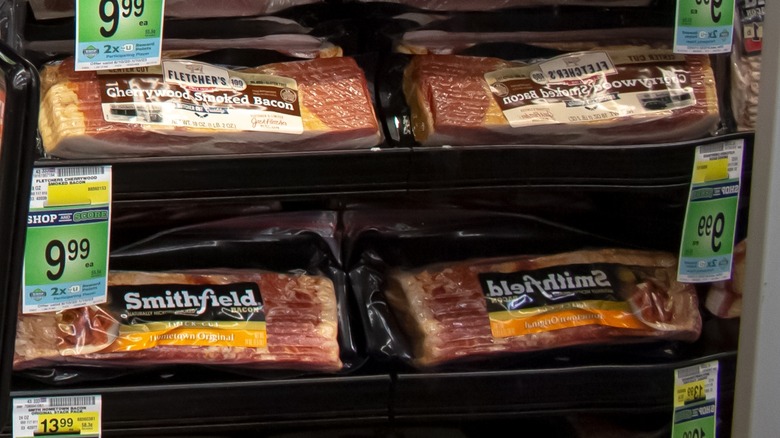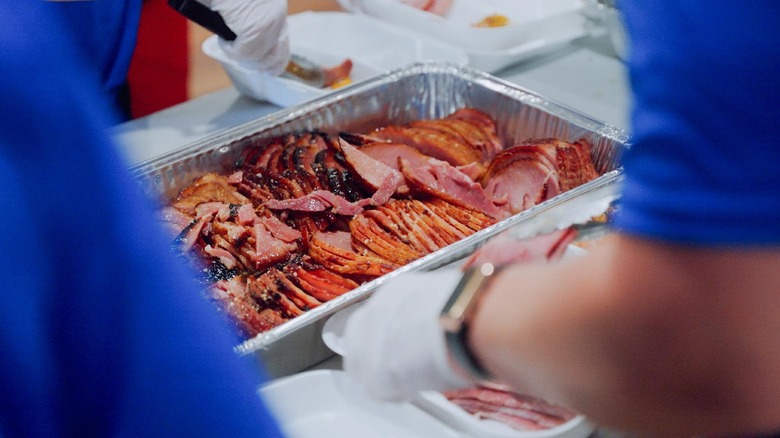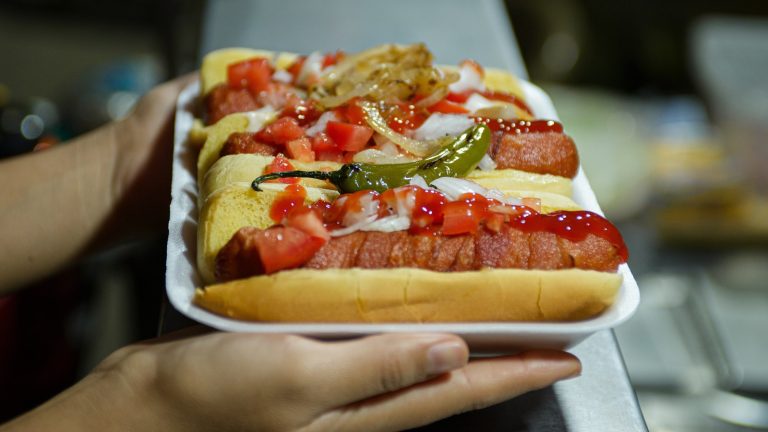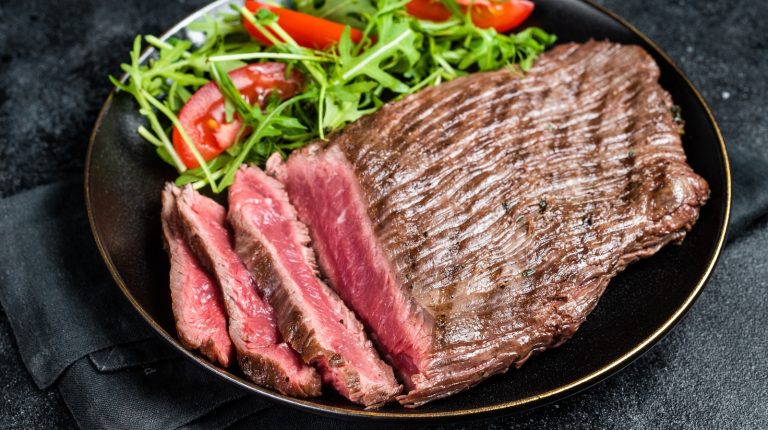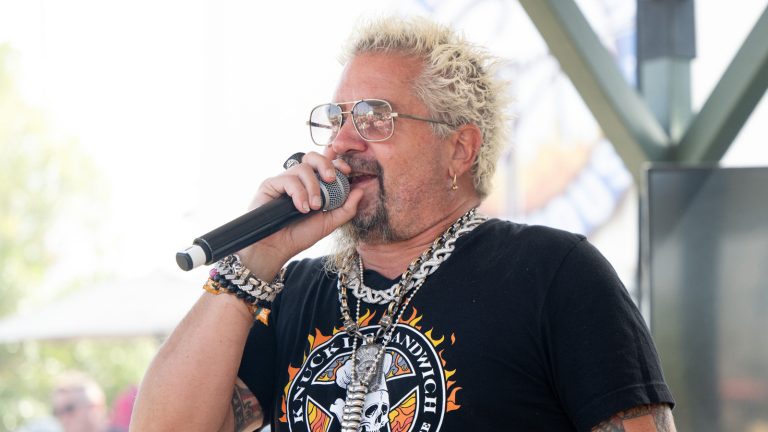Have you enjoyed bacon from the Farmer John’s brand or a Nathan’s hot dog recently? Then you’ve consumed a product from popular pork producer Smithfield Foods, which seems as American as apple pie. After all, it’s the likely producer of Costco’s Kirkland Signature bacon, and its hams have graced many an Easter table. But the company was actually purchased in 2013 by China-based meat company WH Group (then operating under the name Shuanghui International).
After nearly 80 years of operation, Smithfield agreed to be bought out by WH Group for a record-breaking $4.7 billion in cash. Since 2008, a perfect storm had settled over Smithfield, as it failed to meet business goals and faced tougher export laws. So it put itself up for sale, with companies from Thailand, Brazil, and, of course, China expressing interest. Ultimately, the sale went to WH Group for two reasons: It would open Smithfield to the Chinese market, where there was a burgeoning interest in pork, and — simply put — WH Group offered the most money.
Potential issues with Smithfield’s Chinese ownership
If only the acquisition of Smithfield by WH Group was just a simple company purchase. The truth is, the Chinese company’s takeover of one of the largest pork producers in the U.S. was riddled with criticism. Some of it came from the American government, citing national security concerns about so much of the country’s pork supply being in WH Group’s hands. Some lawmakers even accused the Chinese Communist Party of attempting to infiltrate American markets. There were also concerns that the acquisition would lead to China exporting its lower-quality pork products into the U.S., though Smithfield countered this by stating it would actually work the other way around, allowing Smithfield products to permeate Asian markets.
WH Group has also taken hits to its reputation, including the discovery that a drug banned in both China and the U.S. was found in its pork products. Then there’s the overall treatment of animals destined for food in China; if American animal welfare laws are middling at best, China currently lacks comprehensive, national laws specifically regulating the humane treatment of livestock. While Smithfield must continue to abide by American laws, thanks to a California regulation, that could be rolled back if Congress passes the Farm Bill, which currently includes a provision widely known as the Ending Agricultural Trade Suppression (EATS) Act. This legislation opposes stricter state laws concerning animal welfare.
What Chinese ownership really means for Smithfield Foods
In practice, WH Group’s purchase of Smithfield Foods hasn’t seemed to change the company’s day-to-day operations. Part of the acquisition agreement stipulated that the U.S. pork manufacturer would retain its American leadership team. However, a WH Group representative would be on-site to oversee operations and ensure decisions were made with the Chinese company in mind. The workers on the farms and in the plants weren’t forgotten either, as WH Group has kept its word regarding union terms and agreements. Overall, the company’s leadership has emphasized again and again that Smithfield Foods is an American company. Case in point? In 2023, when Virginia — where Smithfield’s farms are based — passed a law stating that “foreign adversaries” were not legally permitted to own farmland in the state, the American pork producer essentially said, “Okay? And?” pointing to the fact that it is not under the direct control of any foreign government.
In fact, business has flourished under Chinese ownership, with sales increasing by billions 11 years post-acquisition and thousands of jobs added thanks to expansion into Asian markets. Part of the 2013 deal with WH Group stipulated that Smithfield would become a private company, but 12 years later it once again went public, allowing for greater financial freedom and helping to dispel claims of Chinese communist infiltration.


